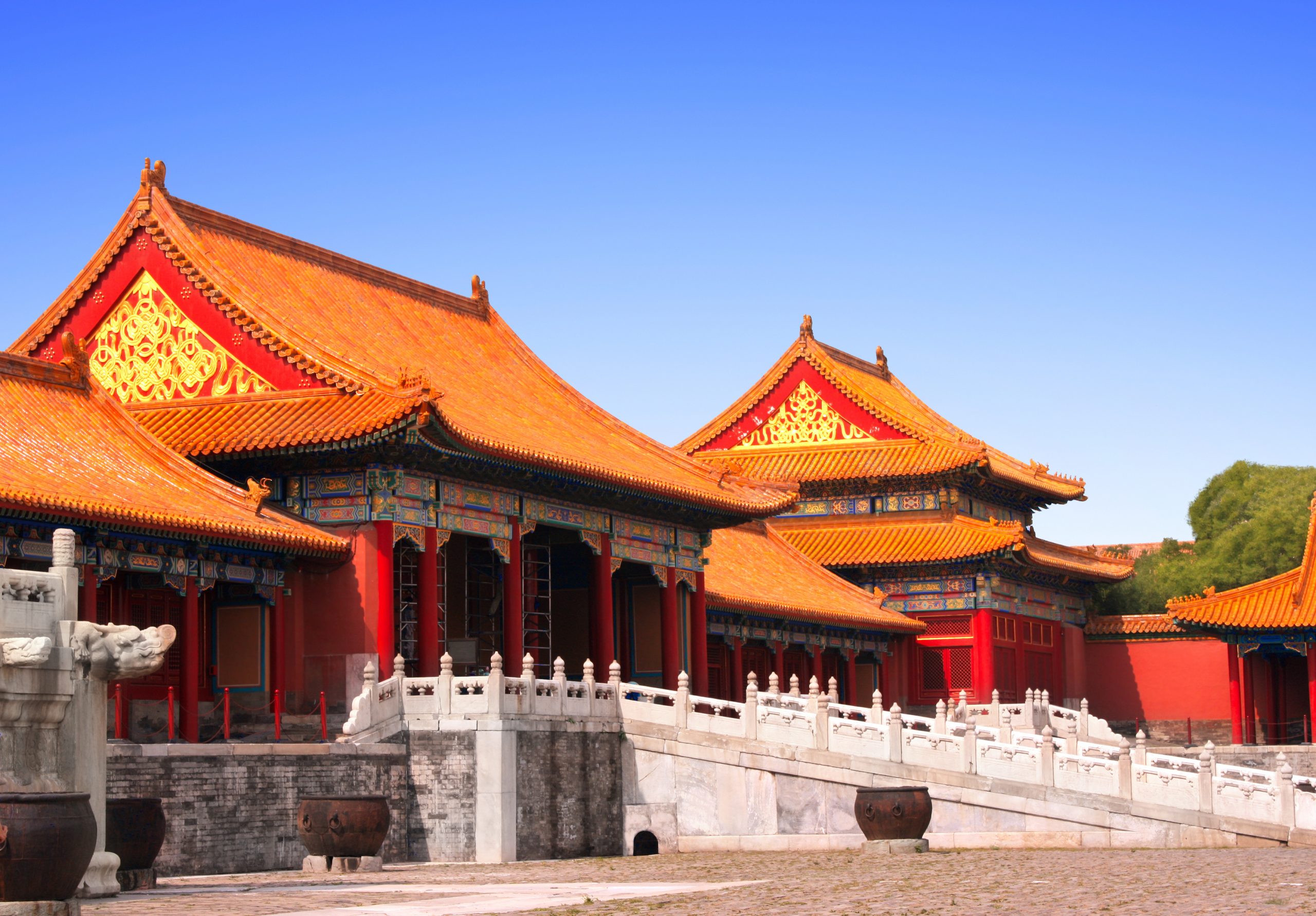Asia Sweet on Manuka Honey
August 27, 2015
Tasmanian Honey Demanded by Asia
Honey producers in Tasmania are struggling to keep up with the high demand for exported Manuka honey products to Asia. Companies such as Australian Honey Products that export the honey to other countries have been expressing that they cannot meet the demand coming out of Asia and Europe. Another factor putting additional weight on these producers is the world-wide issue beekeepers have with varroa mites and other enemies of healthy, producing honeybee colonies.
In a recent interview with TheAustralian.com, owner of Australian Honey Products Lindsay Bourke explained that her company produces 25 percent of the prized Tasmanian honey crop and are about to begin construction on an over $2 million extraction plant and apiarist training center. Bourke said, “We’re producing record numbers of everything — including profits — and we’ve had so many Asian clients coming to visit us, almost on a weekly basis, that we can’t get enough honey to satisfy demand.”
“Prices for our product in Tasmania are better than anywhere else in Australia,” Bourke went on. “We are fortunate to have the Tarkine rainforest, where we produce the most beautiful honey — Tasmanian leatherwood — and Manuka honey. We have large crop-pollinating inquiries and do a lot of that and at the end of the season we sell surplus live bees to Canada.” Also a member of the Tasmanian Beekeepers Association, Bourke said the growth spike in the industry has created a shortage of apiarists.
The value placed on honey exports from Tasmania increased from around 80 percent between 2012 and 2014. In the 2011 – 2012 season, the exports rang in at $1.61 million, increasing to $2.82 million in 2013 – 2014. With the help of a generous grant from the federal Innovation and Investment Fund, Bourke is using the money to build a state-of-the-art extraction plant as well as a training center for apiarists in Sheffield, located in Tasmania’s economically depressed northern region.
“With the new facility we’ll be able to train more because there aren’t enough young beekeepers in Australia,” Bourke said. “It’s an older generation; we are four years older than other farmers — about 58 is the average.” Bourke explained that prices for Tasmanian Manuka honey in China can cost consumers up to $80 a jar. With the lack of supply driving up prices, the industry is faced with another roadblock to growth – gaining access to forests and reserves in order to place more honeybee hives.
“We do rely on the land managers — forestry, parks and private companies — to maintain roads so that we can get access …,” said Bourke.


.jpg)



